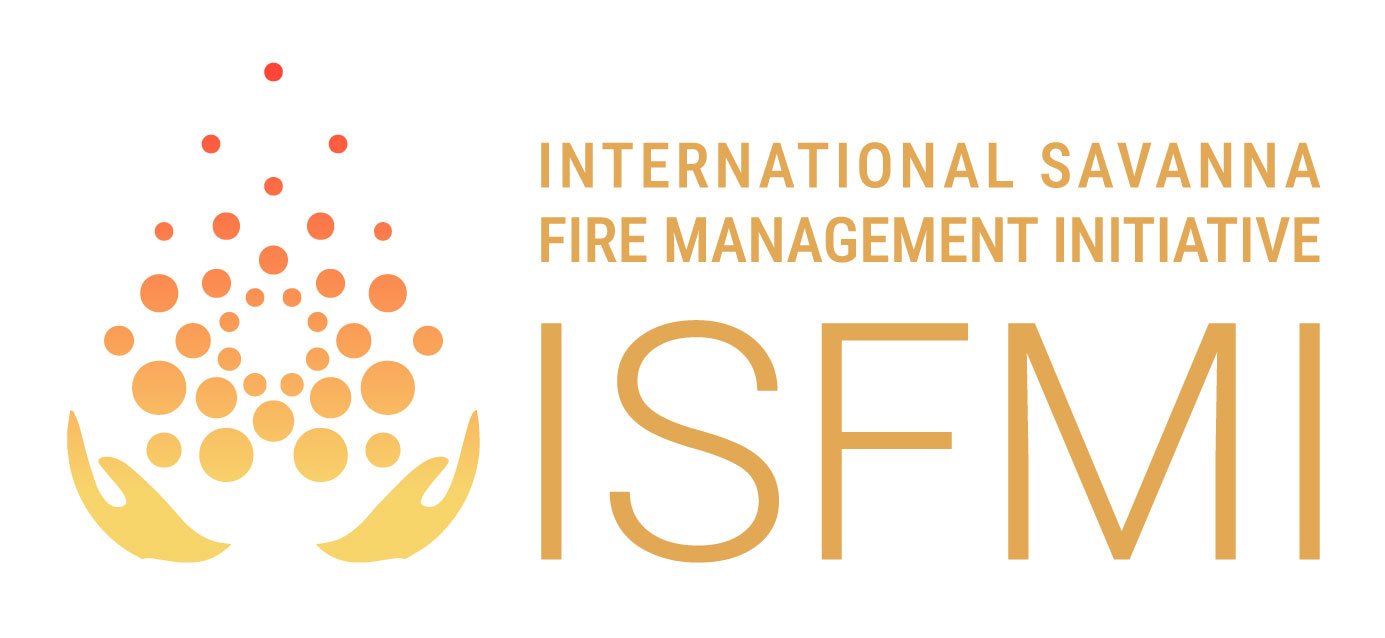Our impact.
Climate Action.
The gentle and cool burning associated with Indigenous Fire Management results in a reduced emissions profile as compared to uncontrolled wildfire. Indigenous fire management techniques result also in ecosystems with a greater greenhouse gas sequestration potential.
Modern scientific methods allow these emissions reductions to be measured, reported and verified.
Enhancing Biodiversity.
Highly intense wildfire can travel quickly, cover vast distances and prove catastrophic for flora, fauna and ecosystems.
Indigenous fire management has been shown to reduce the incidence of hot, intense wildfires, enhance biodiversity and protect vulnerable species and habitats.
Sustainable Livelihoods.
Facilitating Indigenous Fire Management respects the expertise held by Indigenous peoples and promotes its value, affording communities the opportunity to use their traditional knowledge in a way that supports livelihoods largely reliant on sustainable natural resource use. In addition, by providing the science and tools to Indigenous communities to measure and verify the emissions reductions and other environmental benefits resulting from Indigenous fire management, communities are able to participate in carbon markets, or source other kinds of support, to implement their fire management activities.
In these ways, Indigenous fire management can create many social and economic benefits for communities and individuals in remote places.



